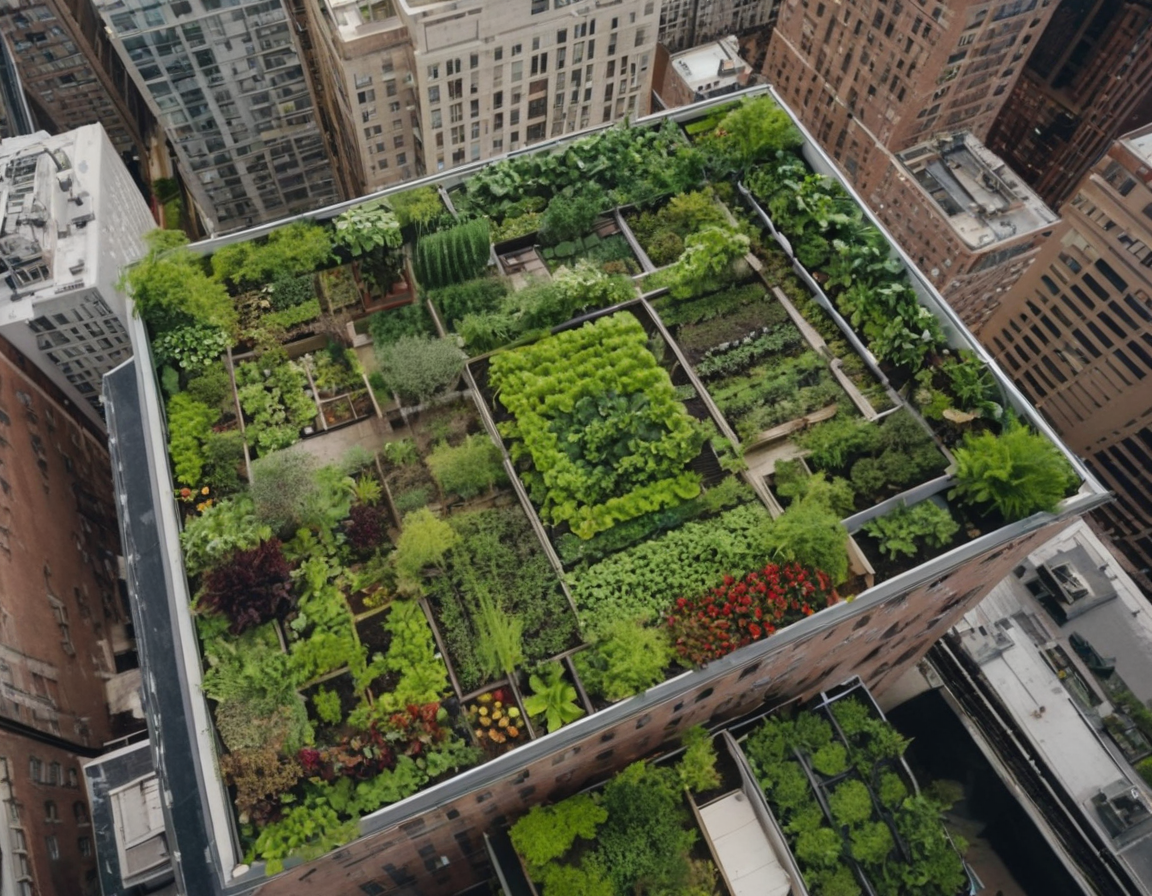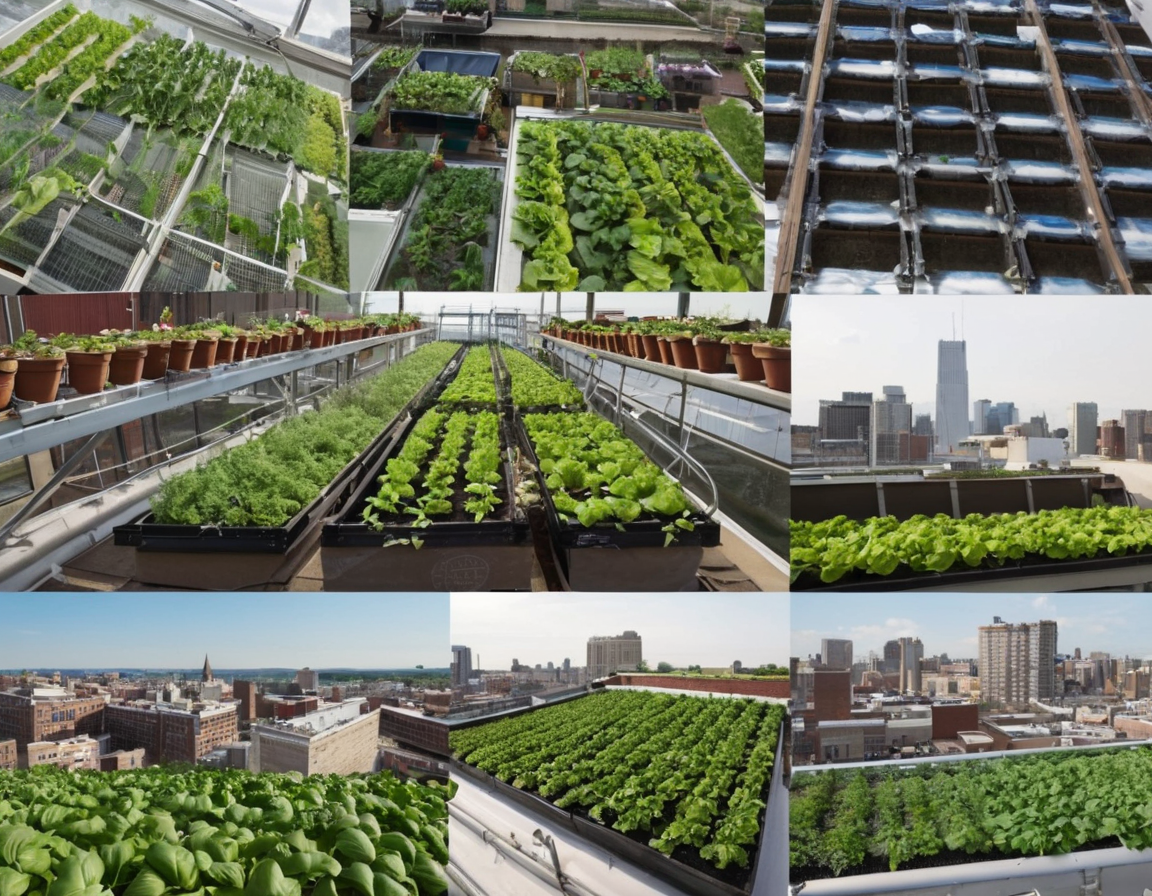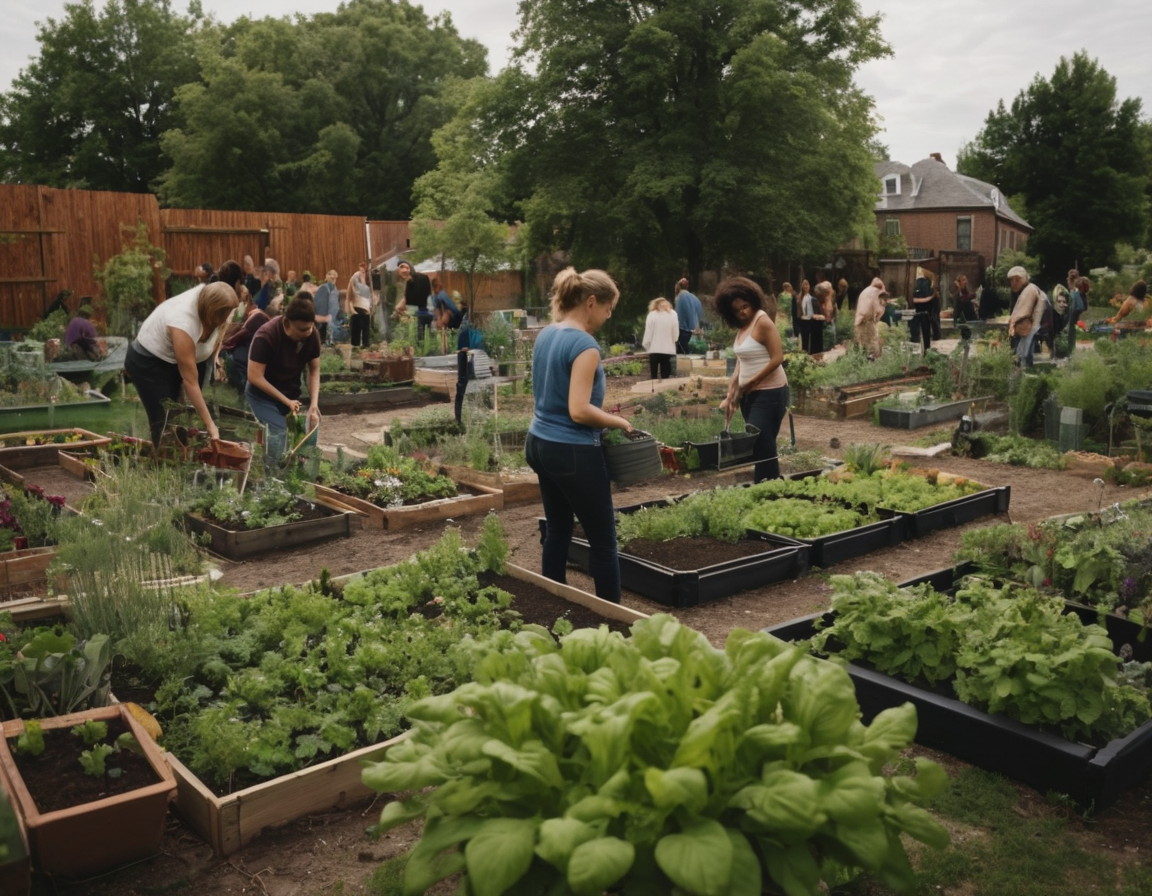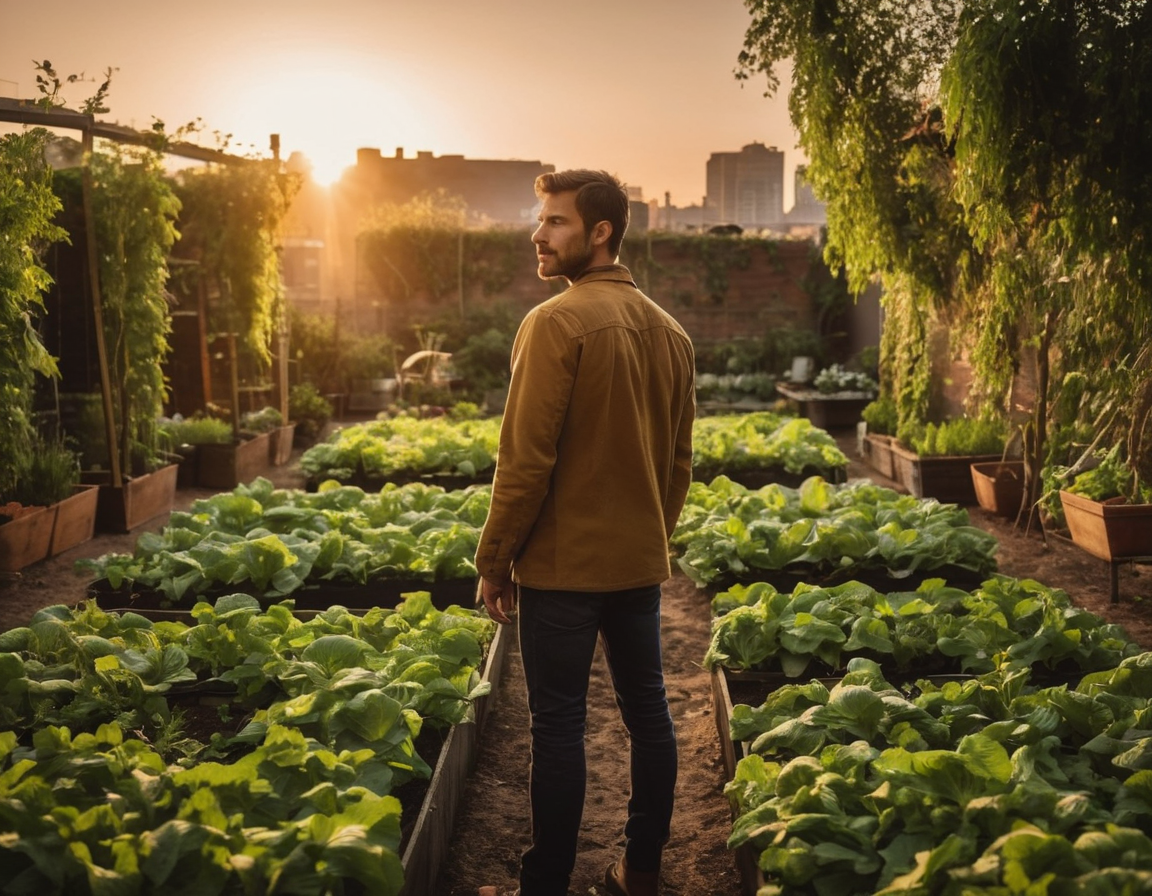The Rise of Urban Agriculture: Cultivating a Greener Future in the Concrete Jungle
Discover Urban Gardening: The Future of Sustainable Living
In the heart of bustling cities, a green revolution is taking root. Urban agriculture is more than just a trend; it’s an innovative movement transforming rooftops, empty lots, and balconies into verdant, productive spaces. As we seek sustainability in the age of climate change, urban dwellers everywhere are asking: How can we cultivate a greener future amidst concrete and steel? Join us as we dig into this growing phenomenon.

Understanding Urban Agriculture
Urban agriculture isn’t new, but it’s gaining unprecedented momentum. It’s the practice of cultivating, processing, and distributing food in or around urban areas. This concept encompasses a variety of practices, including container gardening, hydroponics, aquaponics, rooftop farms, and community gardens.
Benefits of Growing Green in the City
- Food Security: In the context of supply chain disruptions, urban farming contributes to local food security by enabling city residents to grow their own produce.
- Sustainability: Localized food production reduces the carbon footprint associated with transporting goods from far-flung areas.
- Community Engagement: Gardening projects foster community spirit and educate urbanites about the sources of their food.
- Wellness and Mental Health: Studies show that gardening can relieve stress, promoting mental wellbeing.

Spotlight on Success Stories
Cities like Tokyo, Paris, and New York are leading the way with innovative urban agriculture projects. For instance, New York’s Brooklyn Grange operates the world’s largest rooftop soil farm, and Paris has committed to covering 100 hectares of its rooftops with gardens and greenhouses by 2020.

How You Can Start Your Own Urban Garden
- Assess your space – be it a windowsill, balcony, or a shared community lot.
- Choose the right plants for your climate and space’s sunlight exposure.
- Use containers and vertical farm structures to maximize limited spaces.
- Utilize hydroponic or aquaponic systems if soil is not an option.
- Get involved with local community gardens or start one with neighbors.
Urban agriculture is not only about producing food; it’s a lifestyle choice promoting self-reliance and ecological awareness. It represents hope for a sustainable and nourishing future for all city dwellers.
Join the Urban Agriculture Movement
If you’re inspired to transform your urban space into a green sanctuary, there’s no better time to start than now. Plant the seeds of change and watch as your very own urban oasis flourishes. Are you ready to grow with us?







